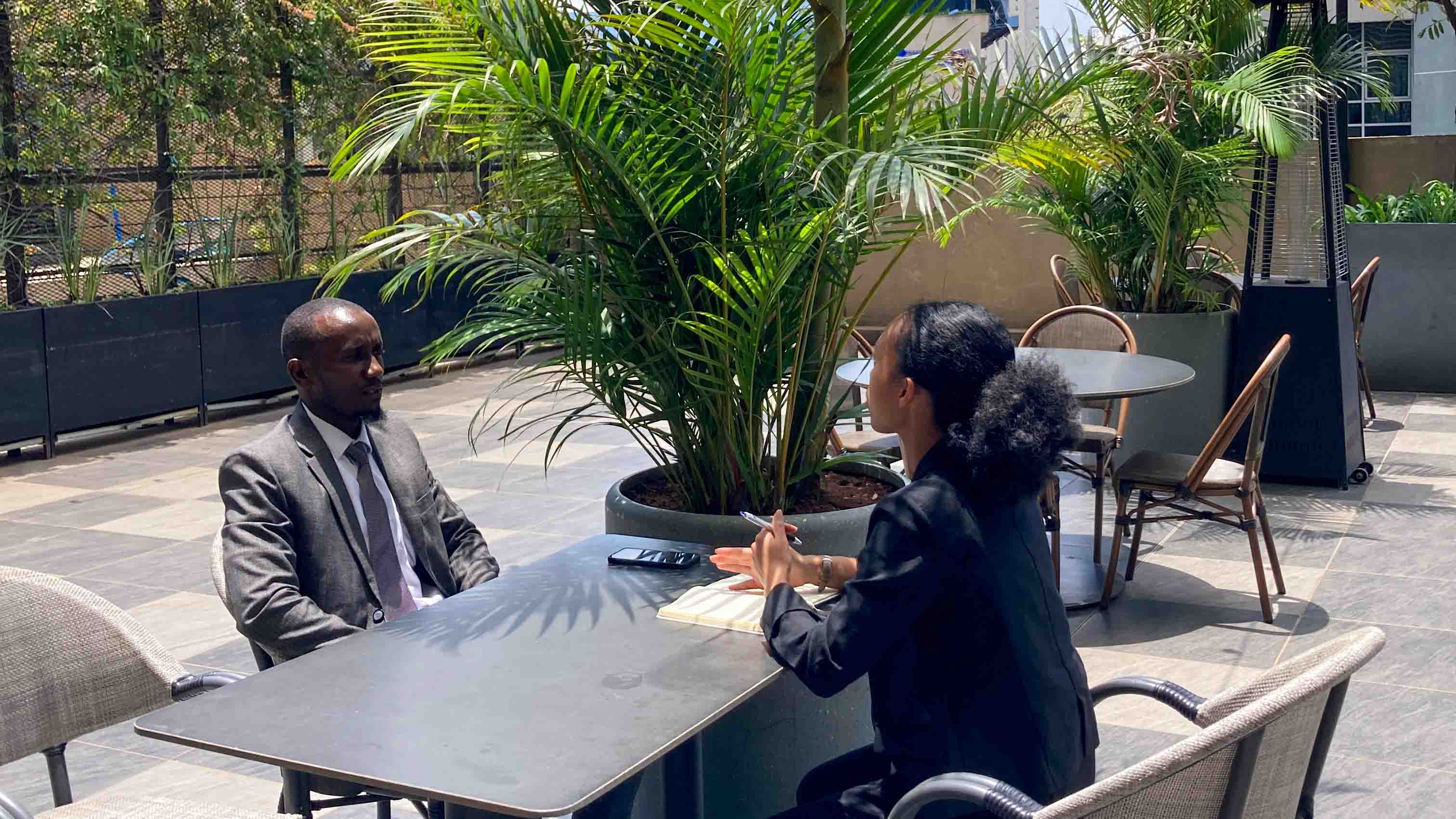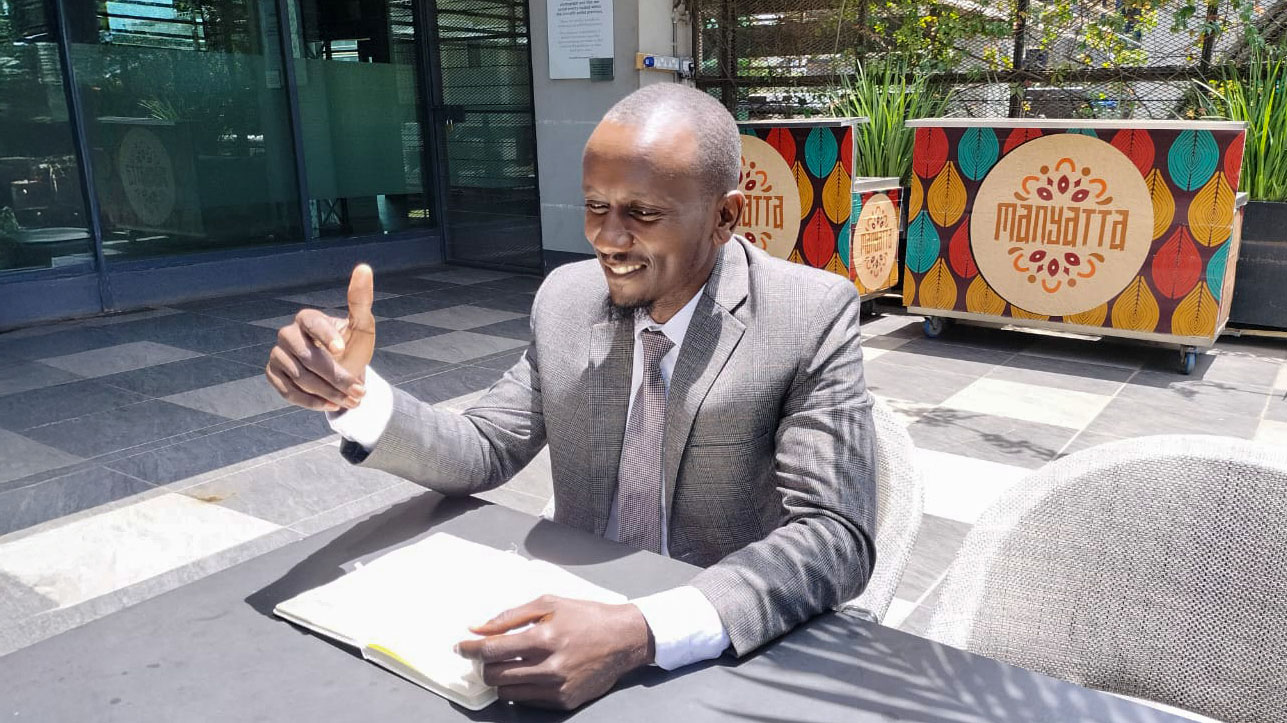At MOL Shipping (Kenya), we are thrilled to announce our exciting new partnership in the labor mobility project with Mr. Kimani, the dynamic team lead for Project Africa, spearheaded by Caregate Limited. Caregate Limited is renowned for its exceptional caregiving services and expertise in caregiver outsourcing. Mr. Kimani stands out as the trailblazing first Kenyan SSW worker, symbolizing a beacon of hope and opportunity for the seamless movement of Kenyan talent to Japan. Dive into our exclusive interview with him to discover the inspiring journey.

Q1: What inspired you to work in Japan?
A: I started a business that sold car parts imported from Japan and the visits to Japan sparked an interest in the Japanese culture, language, and their way of life, so I began thinking of how I can partly live in Japan, partly in Kenya. This is how I came across the SSW programme and started working towards obtaining a visa under SSW.
Q2: How long did the process take from commencement of studying the language/skills and obtaining the visa?
A: I did my research and saw that having a level of Japanese language was required so I began with studying the language which took me one year and thereafter did skill training for three months. In addition to this, there was another three months to prepare and take the exams in Japan. The visa processing was also another three months so in total it took almost two years to begin work in Japan.
Q3: What was the biggest culture shock you experienced in Japan?
A: The social life is what hit differently. In Kenya or Africa generally there is a sense of freedom when it comes to social life and then you land in Japan where things seem a bit more controlled and less free. Making friends was not easy at first because of my level of Japanese language and lack of social life but I am used to it now.

Q4: What did you grow to love about Japan?
A: I grew to love the culture, the way of life, the discipline, the work ethics... Everything basically. The Japanese way of life is something I admire. I also love the food because of the variety. I really do love Japan.
Q5: What is the hardest part about learning the Japanese? Do you have any tips and tricks to overcome the challenges?
A: With learning a language, people tend to go through stages of first thinking that it is easy especially at the introduction level but then you realize some things are not as easy as they seem and you can get to a stage of being stuck. Japanese language has stages to it, whether the informal/casual way of speaking or the formal/polite way of speaking. Transitioning from the informal to formal is what has been difficult for me. Doing more practice with people by interacting/conversing with them would be more helpful with absorbing the language. I didn’t get to do that much so I feel like I would have been at a higher level if I did. Life has been made easier with new technology: there is AI that you can converse with to practice the language so students should incorporate such things to improve their Japanese.
Q6: What three qualities about Kenyans would you pitch to Japanese companies that are looking to hire?
A: Kenyans are hardworking, ethical, and can easily absorb other languages because they are social and they grow up with at least three languages which shows that they have a capacity to learn more languages.
His sincere efforts and pioneering spirit will greatly expand the possibilities for Kenyans working in Japan in the future! Together with Mr. Kimani, we will continue to vigorously promote the sending out of caregiving personnel!
